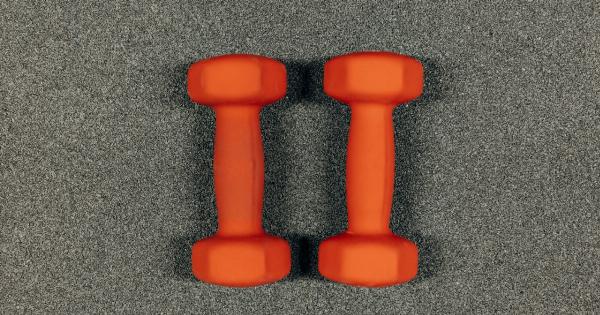Being a new mom is an exciting and joyful journey, but it can also be physically and mentally demanding. While adjusting to your new role, it’s important to prioritize your nutrition and take care of your body.
A well-balanced diet can help you recover from childbirth, maintain your energy levels, and provide essential nutrients for breastfeeding. Here’s the ultimate diet plan for new moms, designed to support your overall health and well-being.
1. Include a Variety of Nutrient-Dense Foods
Focus on consuming a wide range of nutrient-dense foods to meet your body’s increased needs. Include whole grains, lean proteins, fruits, vegetables, and healthy fats in your meals.
This will provide you with essential vitamins, minerals, and fiber.
2. Prioritize Protein
Protein is crucial for repairing tissues, supporting the immune system, and promoting healthy growth. Include lean meats, poultry, fish, lentils, beans, tofu, eggs, and dairy products in your diet. Aim for at least three servings of protein daily.
3. Don’t Skip Carbohydrates
Carbohydrates provide energy and are essential for breastfeeding moms who need that extra fuel. Choose complex carbohydrates like whole grains, oats, quinoa, and sweet potatoes. Avoid simple carbohydrates found in sugary snacks and processed foods.
4. Incorporate Healthy Fats
Healthy fats are vital for hormone production and brain health. Include sources like avocados, nuts, seeds, olive oil, and fatty fish in your diet. These fats also help keep you feeling satisfied and satiated.
5. Hydrate, Hydrate, Hydrate
Staying hydrated is essential for maintaining milk supply and overall well-being. Aim to drink at least 8-10 glasses of water each day, or more if you’re feeling thirsty.
Coconut water, herbal teas, and freshly squeezed juices can also contribute to your fluid intake.
6. Snack Smartly
Being a new mom often means limited time for meals, so snacks become an essential part of your diet. Opt for nutritious snacks like fresh fruits, yogurt, nuts, nut butter, whole grain crackers, or vegetable sticks with hummus.
Choose snacks that are easy to grab and require minimal preparation.
7. Mind Your Micronutrients
Paying attention to essential vitamins and minerals is crucial for both your and your baby’s well-being. Include foods rich in calcium, iron, folate, vitamin D, omega-3 fatty acids, and B-vitamins.
Leafy greens, dairy products, eggs, fish, and fortified cereals can be excellent sources.
8. Moderate Caffeine and Alcohol
While there’s no need to completely eliminate caffeine and alcohol, it’s important to consume them in moderation. High caffeine intake can affect your baby’s sleep patterns, and alcohol can interfere with breastfeeding.
Limit your intake and be mindful of their effects on yourself and your little one.
9. Take Care of Your Gut
A healthy gut is essential for overall well-being. Include probiotic-rich foods like yogurt, kefir, sauerkraut, and kimchi in your diet. These foods promote a healthy balance of gut bacteria, aid digestion, and support your immune system.
10. Listen to Your Body
Every new mom’s nutritional needs will differ, and it’s important to listen to your body’s signals. Pay attention to hunger cues, fullness, and any specific cravings.
It’s okay to indulge occasionally, but ensure your overall diet remains balanced and nourishing.






























